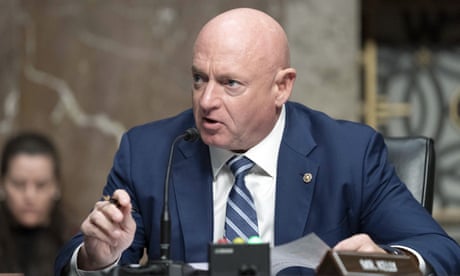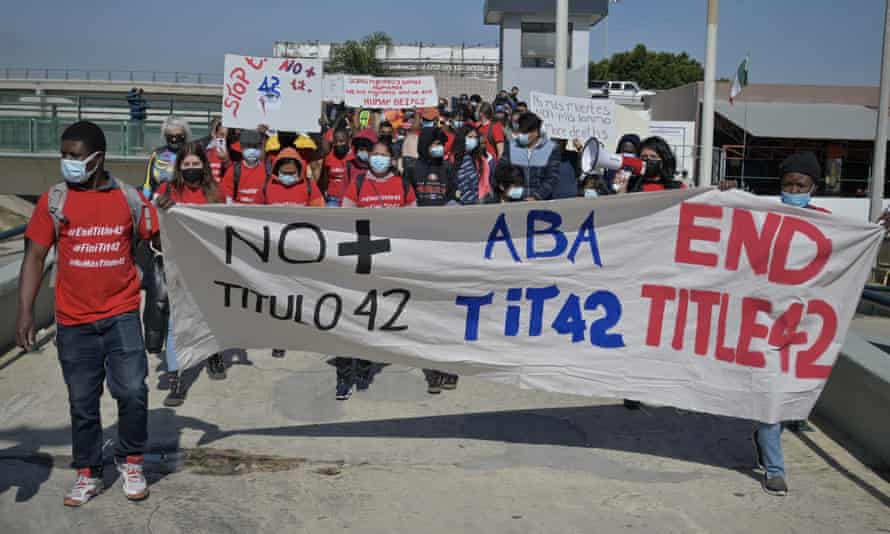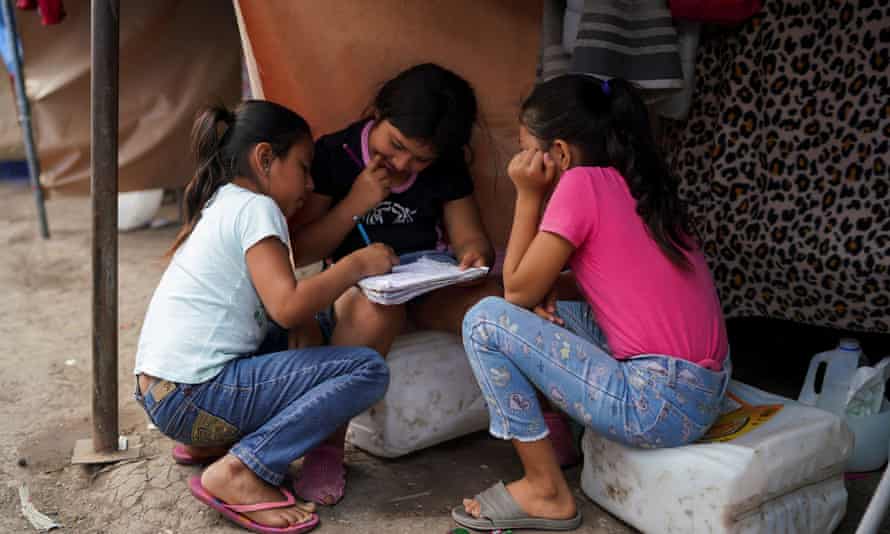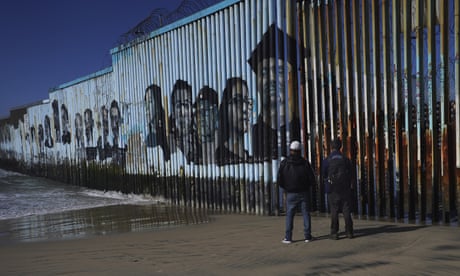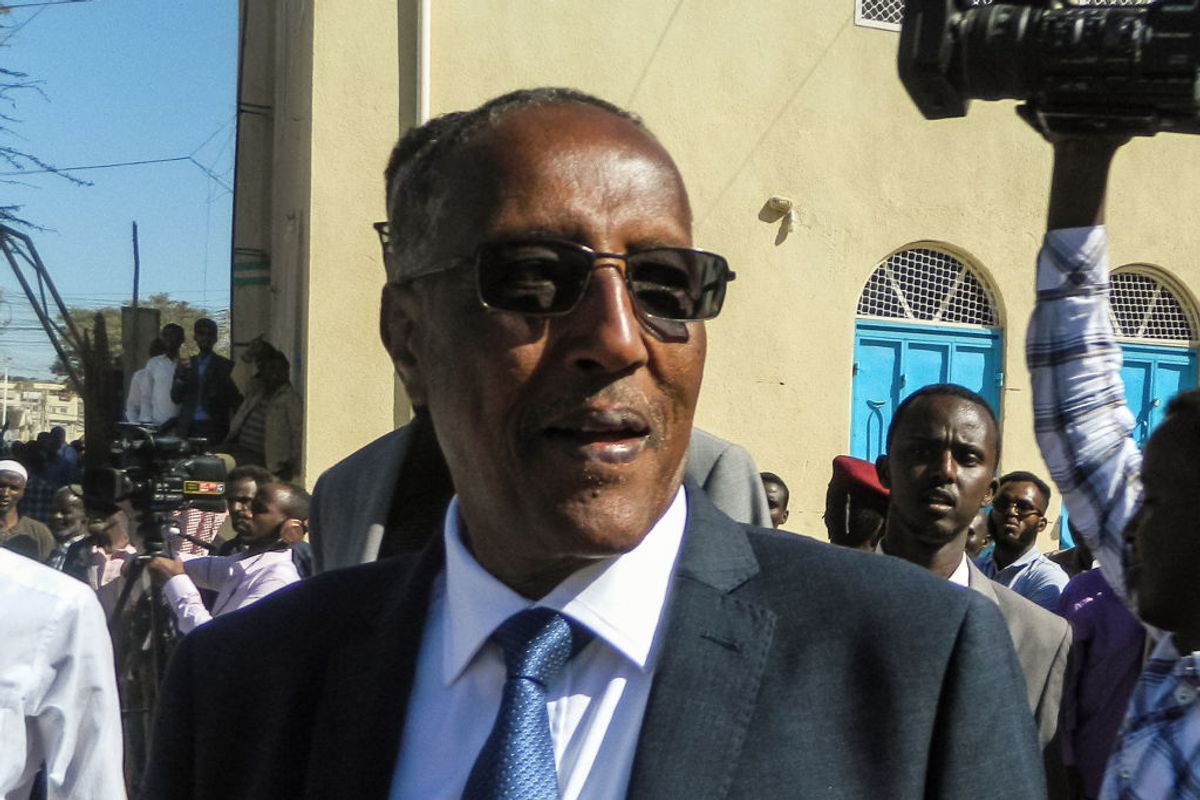Pakistan's Embattled PM Repeats Claim That U.S. Is Trying To Oust Him
April 02, 2022
By RFE/RL

Pakistani Prime Minister Imran Khan (file photo)
Pakistani Prime Minister Imran Khan has repeated his claims that the United States is behind efforts to remove him from office and said he might not accept the results of a no-confidence vote in parliament.
"The move to oust me is a blatant interference in domestic politics by the United States," Khan told a select group of foreign journalists in Islamabad on April 2, a day before parliament is scheduled to debate a no-confidence motion against him.
"How can I accept the result when the entire process is discredited?" Khan said. "Democracy functions on moral authority -- what moral authority is left after this connivance?"
The comments came after Khan announced on April 1 that his government had handed an official protest to the U.S. Embassy.
Earlier in the week he said the alleged conspiracy against him was the result of disappointment over his meeting with Russian President Vladimir Putin in Moscow on February 25, the day after Russia invaded Ukraine.
While addressing the nation on March 31, Khan referred to an "official document" Pakistan had received that was evidence of a conspiracy to remove him from office. After initially mentioning the United States, he later said the document was "not from America” but from “a foreign country I can't name.”
The document, Khan said, "says we will forgive Pakistan if Imran Khan loses this no-confidence vote. But if it fails Pakistan will have to face tough time."
Khan's government later described the document as a formal letter from a "senior official of a foreign country to Pakistan's Ambassador in the said country in a formal meeting."
Local media have reported the message was in a briefing letter from Pakistan's ambassador to Washington recording a senior U.S. official telling him they felt relations would be better if Khan left office.
Addressing the allegations on March 31, U.S. State Department Ned Price said that "there is no truth to them," and that the United States supports "Pakistan's constitutional process and rule of law."
Opposition parties in Pakistan have said that allegations that their filing of a no-confidence motion against Khan are the result of foreign interference are "baseless."

Protesters rally in support of Imran Khan in Islamabad on March 27.
Supporters of Khan have staged protests against the United States in cities around the country amid the controversy, including one in Peshawar on April 1 led by members of the ruling Pakistan Tehreek-e-Insaf (PTI) party. Khan has called for more protests on April 3.
The no-confidence debate in the 342-member National Assembly was originally due to start on March 31, but the deputy speaker suspended proceedings when legislators declined to first address other items on the agenda.
Khan is facing his biggest challenge since being elected in 2018. The PTI effectively lost its majority on March 30 when a coalition partner said it would vote with the opposition.
More than a dozen PTI lawmakers had already indicated they would support the no-confidence vote, but the PTI has been attempting to win them back.
The opposition accuses Khan of mismanaging the economy and foreign policy, and political analysts also say Khan has fallen out with Pakistan's powerful military, whose support is critical for any party to attain power.
On April 2, Chief of Army Staff General Qamar Javad Bajwa expressed concern about Moscow's war against Ukraine, saying that "despite Russia's legitimate security concerns, its aggression against a smaller country cannot be condoned."
Bajwa also said Pakistan had enjoyed excellent defense and economic relations with Kyiv since Ukraine's independence, but that while some positive developments had taken place in its ties with Russia of late, its relations with Russia had been "cold" for a long time for numerous reasons.
He added that Pakistan sought to expand ties with both the United States and China, which has refused to condemn Russia's invasion of Ukraine and criticized the West's punitive sanctions against Moscow.
With reporting by RFE/RL's Radio Mashaal, AFP, Dawn, and Reuters
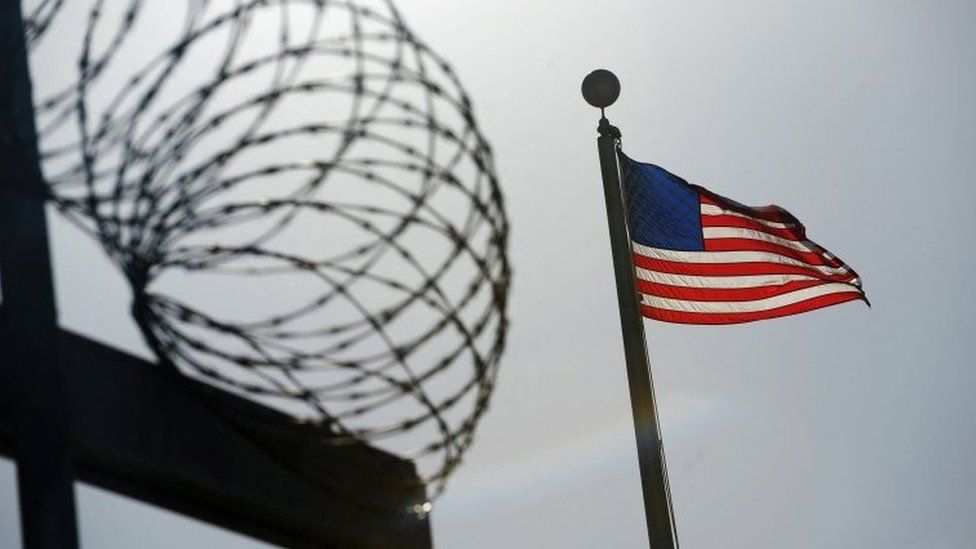 REUTERS
REUTERS




